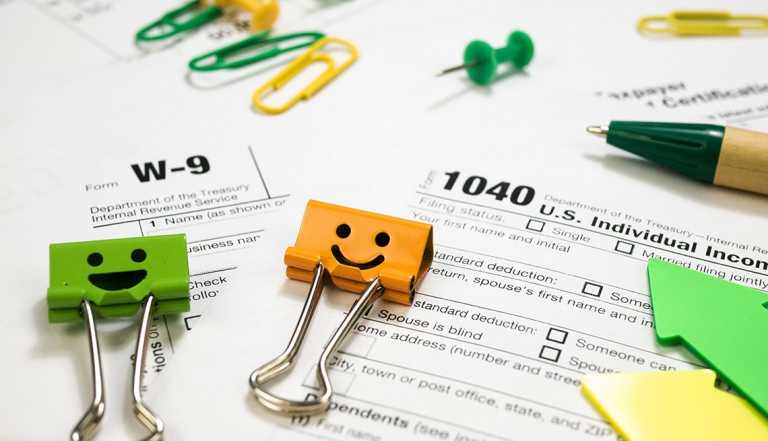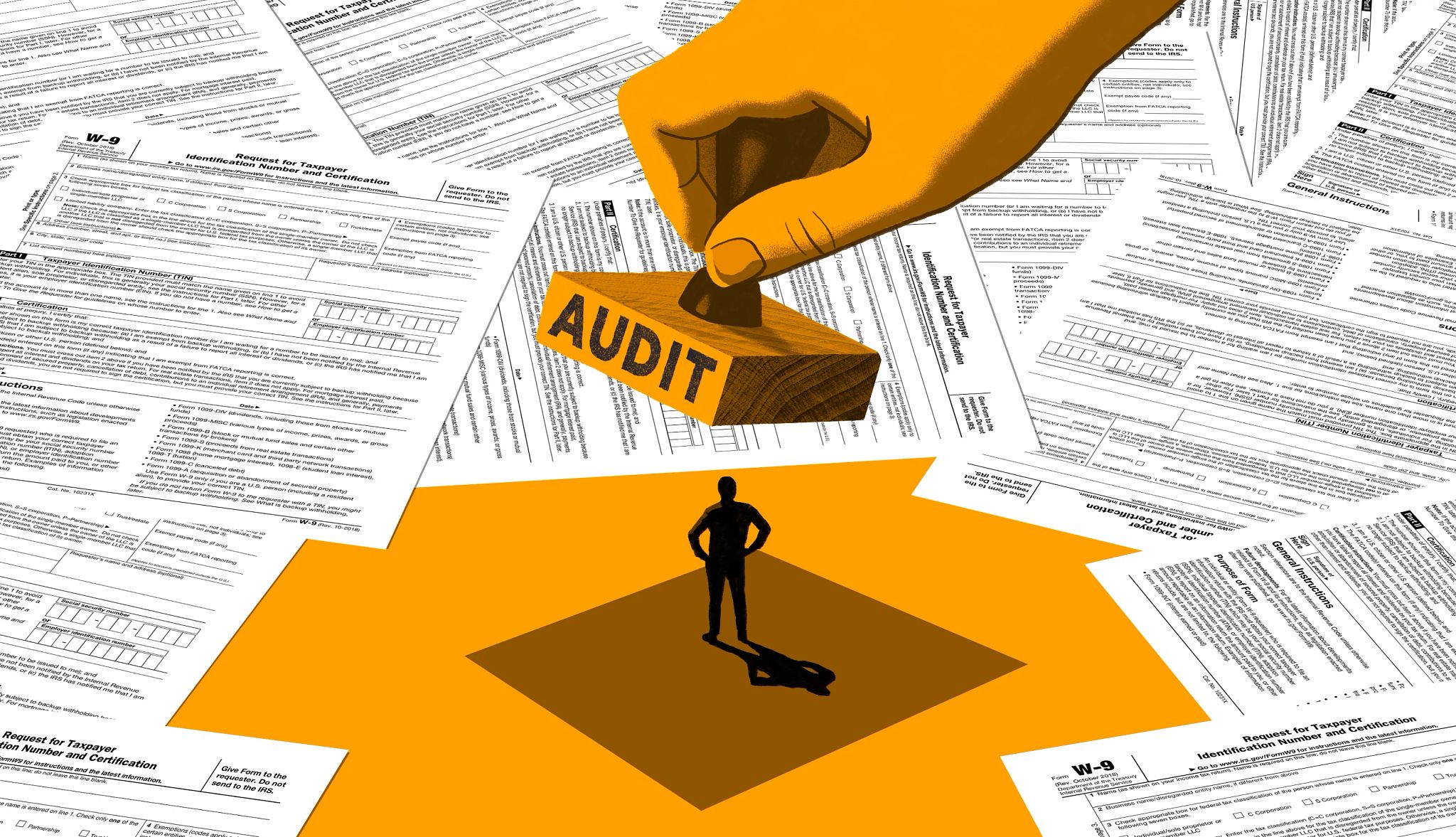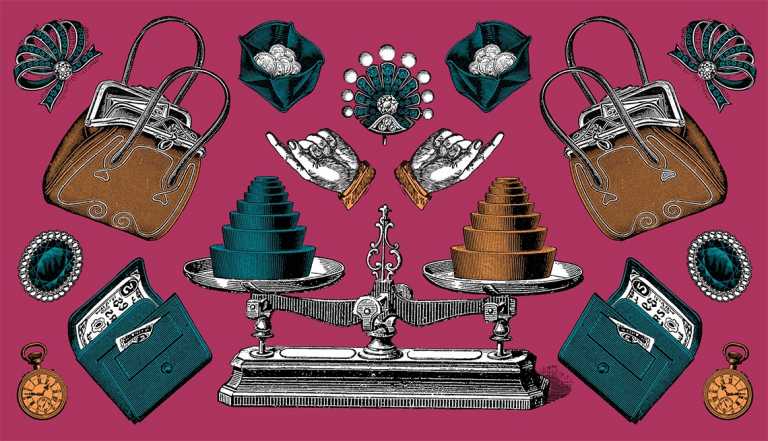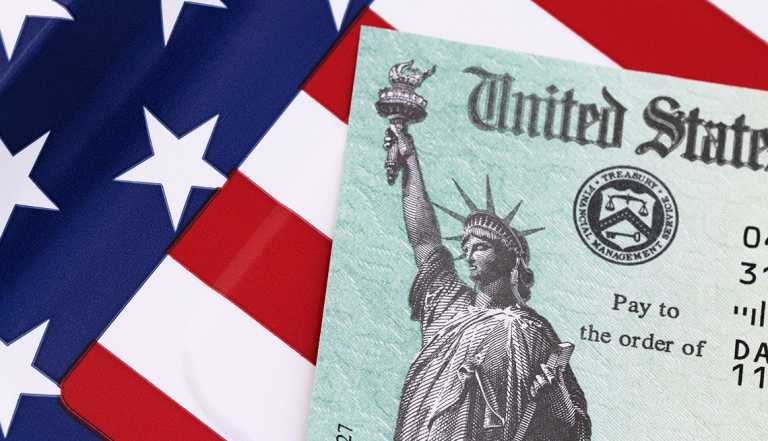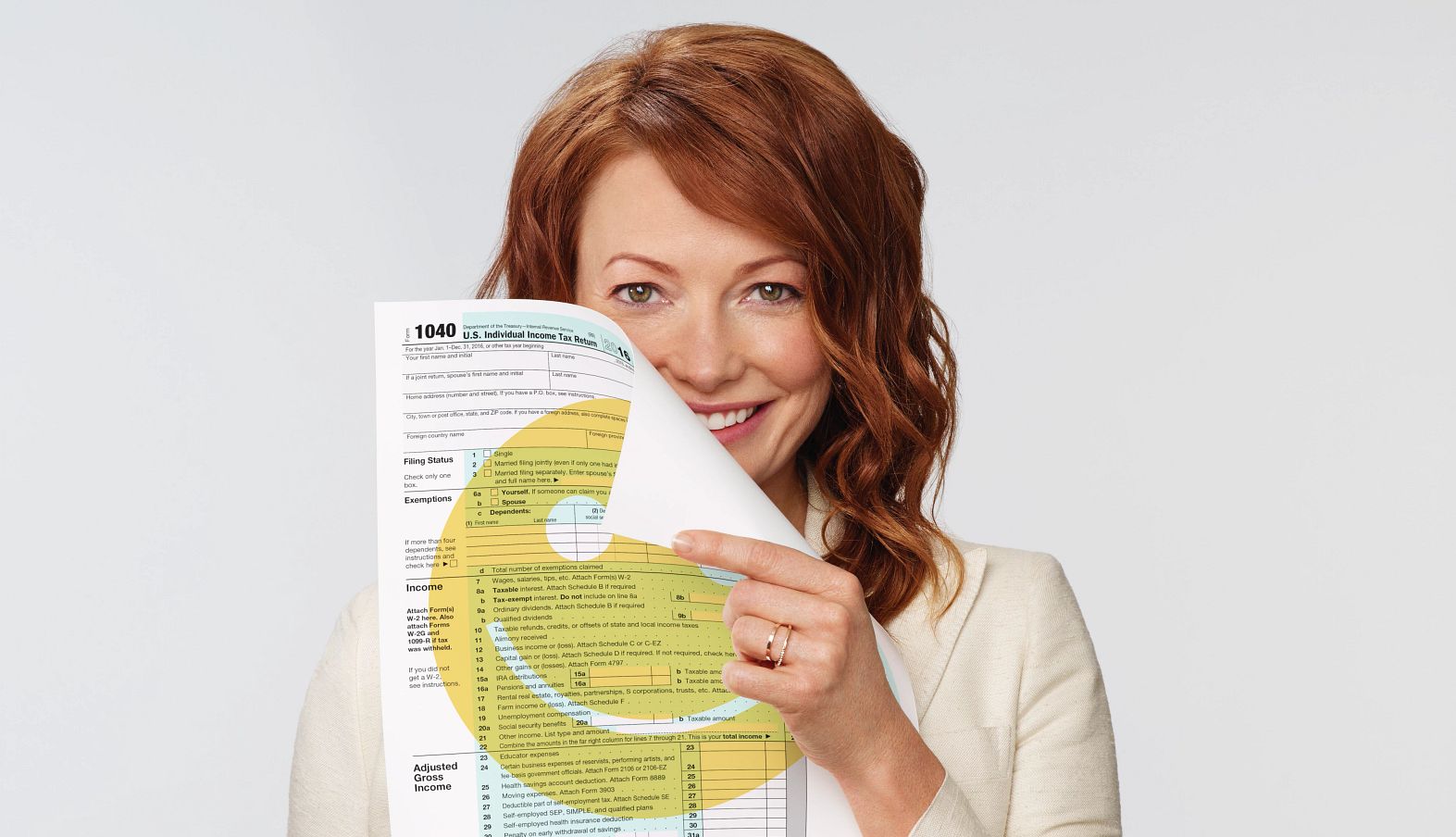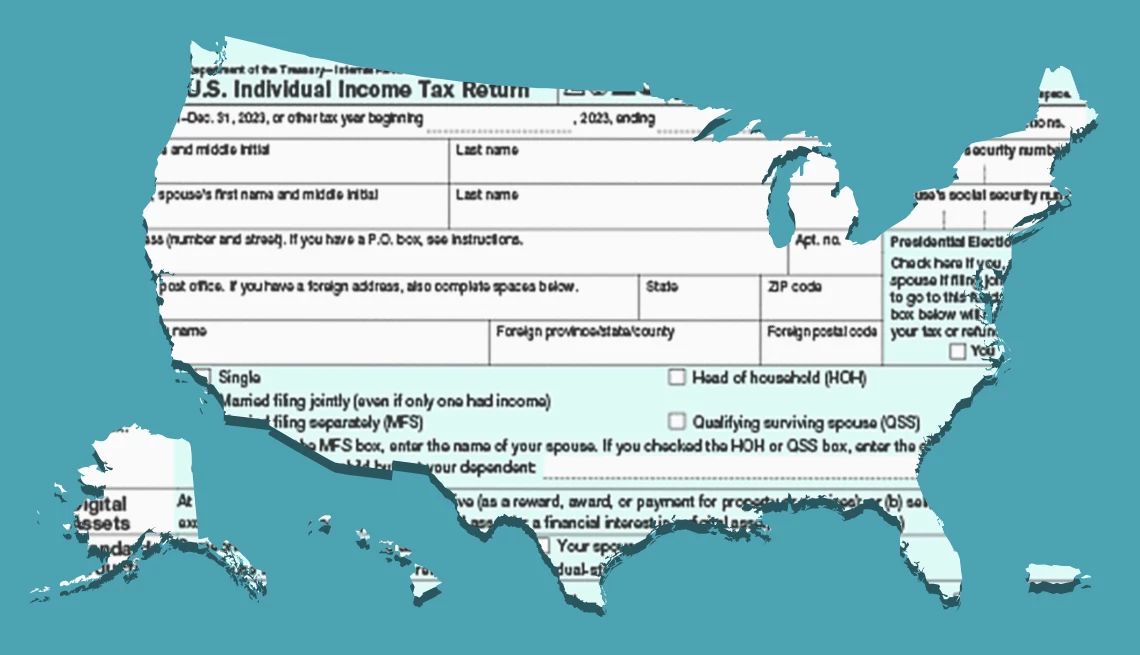Staying Fit
Taxes
Get tax tips to file federal and state returns, boost tax refunds, avoid IRS penalties and more
Federal Taxes
State Taxes


AARP Membership
$12 for your first year when you sign up for Automatic Renewal
Get instant access to members-only products and hundreds of discounts, a free second membership, and a subscription to AARP the Magazine.
AARP IN YOUR STATE
Find AARP offices in your State and News, Events and Programs affecting retirement, health care and more.



























































